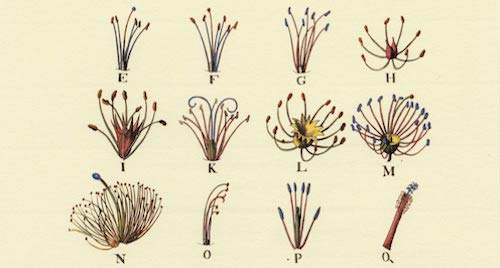
The Balfour Declaration and its Consequences
Today marks the 100-year anniversary of the Balfour Declaration. Here we present an essay by Avi Shlaim that examines the declaration and its historiography.

Today marks the 100-year anniversary of the Balfour Declaration. Here we present an essay by Avi Shlaim that examines the declaration and its historiography.

Outside of hard climate science, history should be the preeminent field for the study of global warming.
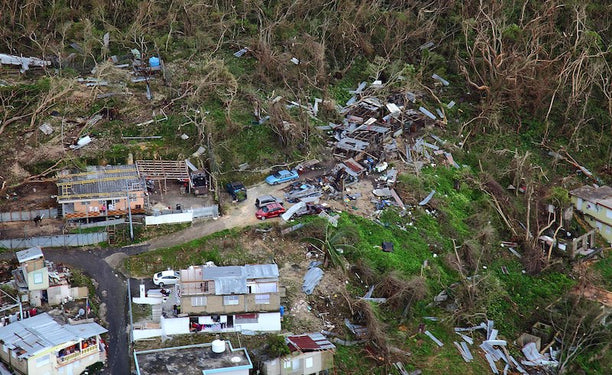
The Trump administration's delay in sending real aid to Puerto Rico after Hurricane Maria is a distasteful display of colonialist racism. But it's par for the course: our citizenship has always been second-class.
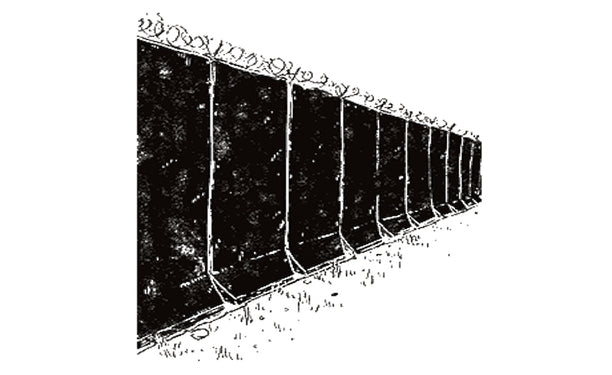
"Yépez is at the forefront of a generation of writers who are questioning notions of fluidity and synthesis, a generation that has seen those same categories veil the advent of global neoliberalism," Edgar Garcia has written.
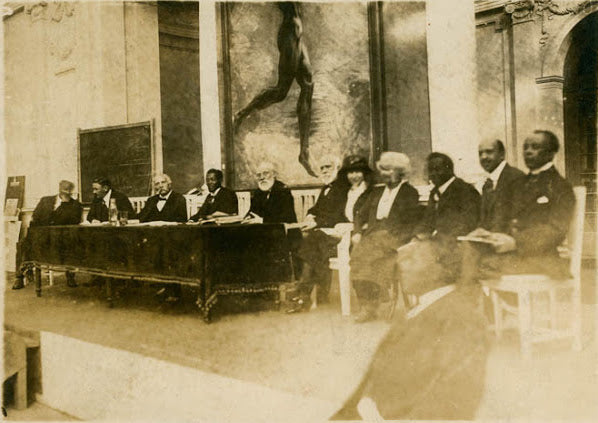
An inquiry into Du Bois' articulation with Liberia, colonialism and its concomitant formations of Black middle classes, the history of the "Americo-Liberian" elite, and the advent of the United States as a colonial power.
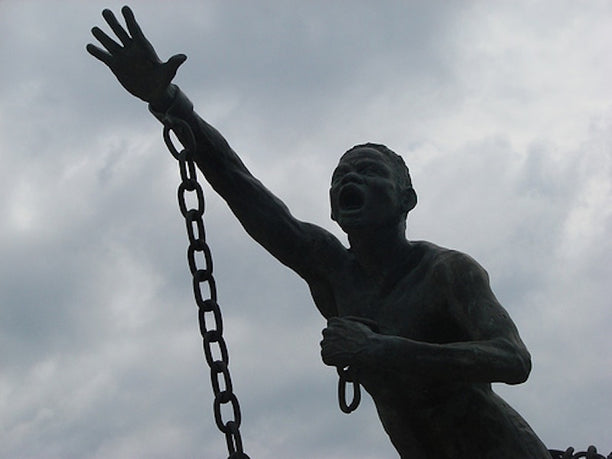
"How are we to conceptualise what we [black peoples] were, what we are, what we are becoming?"
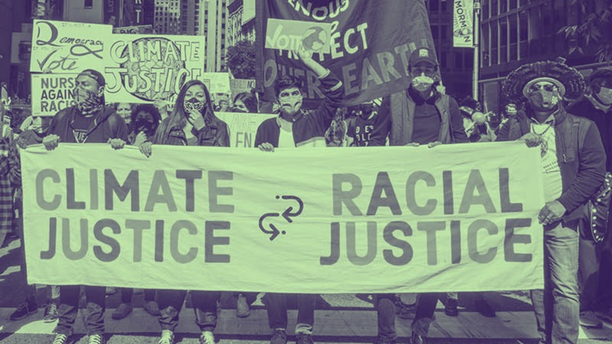
Is the Anthropocene racial?
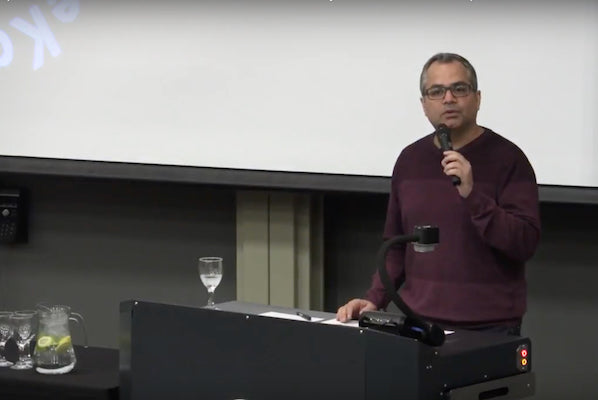
Video of Vivek Chibber's talk at University of Cape Town on "the relations between the critique of Eurocentrism and the aspiration for social emancipation — and the place of the academy."

How can cultural workers respond to climate change? Can the cultural work of responding to climate change be a global conversation? In his latest addition to his General Intellects collection of critical appreciations, McKenzie Wark writes about the novelist Amitav Ghosh's influential lectures on "the great derangement."

In this excerpt from Ibn Khaldun: The Birth of History and the Past of the Third World, Yves Lacoste shows how Ibn Khaldun's work refutes the myth of the "Arab invasions [of the Maghreb] of the eleventh century," despite the uses to which it has been put by the authors of the myth.
